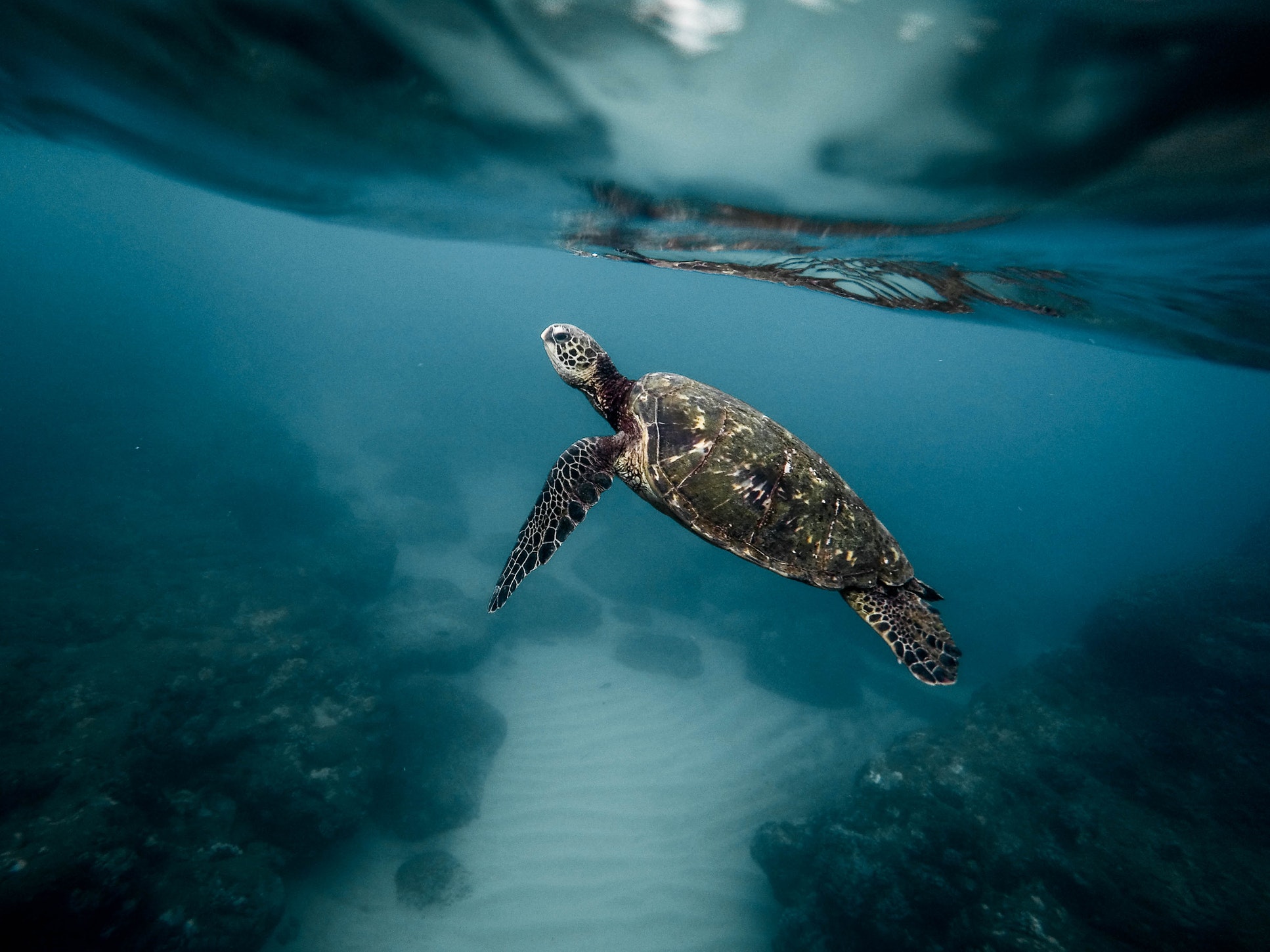Safeguarding Our Oceans Through Awareness and Action
What have we done to our Oceans?

And what were we thinking? It’s mind-boggling how our survival hinges on water, yet we squander it, dump our waste into it, and treat the oceans as the world's largest toilet and grocery store. A psychoanalyst would likely find our relationship with water highly dysfunctional. Our survival depends—completely and absolutely—on healthy oceans, including the air we breathe.
Think about it: the oceans cover over 70% of the Earth's surface and are home to an incredible diversity of life. They regulate our climate, provide a critical source of protein for billions of people, and generate the oxygen we depend on. Yet our actions—overfishing, pollution, and climate change—threaten the delicate balance of these ecosystems.
Do you remember Ted Danson, the actor who played Sam Malone on Cheers? He also narrated The End of the Line, one of the most compelling environmental documentaries I have ever seen. This film dives into the dire consequences of overfishing and highlights the urgent need for sustainable practices. I’ve recommended it to countless people, and I’m recommending it to you now. If you haven’t watched this documentary, stop what you’re doing and watch it now. It’s an eye-opening exploration of how our actions are pushing the oceans—and our planet—to the brink.
By understanding the impact of our actions, we can start making conscious choices to protect and preserve our oceans for future generations. The time to act is now, and education is the first step toward meaningful change.
Sylvia Earle's Powerful Message: Protect Our Oceans
Recently, the team at TED Talks created a series of educational GIFs to animate scientist Sylvia Earle's TED Talk, "My Wish: Protect Our Oceans." They described these GIFs as "beautiful and sad," and that is precisely what they are—beautifully animated, wonderfully produced, and deeply heartbreaking. Each GIF captures the stark reality of our oceans' plight, bringing Sylvia Earle's powerful message to life in a way that is both visually stunning and emotionally impactful.
If you haven't seen these GIFs, I highly recommend checking them out. They offer a quick yet poignant glimpse into the issues facing our oceans, from overfishing and pollution to coral bleaching and habitat destruction. Sylvia Earle, often referred to as "Her Deepness," has dedicated her life to exploring and protecting the oceans. Her TED Talk is a call to action, urging us to safeguard these vital ecosystems before it's too late.
Adding to this, a documentary on Sylvia Earle's work and life, titled Mission Blue, was recently released on Netflix. This film provides a comprehensive look at her incredible career and the urgent need to protect our oceans. Watching it, you can't help but be inspired by her passion and commitment to marine conservation.
Both the TED Talk GIFs and the Mission Blue documentary are powerful reminders of the beauty and fragility of our oceans. They underscore the importance of taking immediate action to preserve these precious resources for future generations.
What happened to the coral reefs?

What happened to tuna, sharks, and cod?

The number of ocean deadzones then and now:

The number of oil drilling sites then and now:

These images were created using information from Sylvia Earle's TED Talk in February 2009. Since she gave this talk, much has changed regarding the health of our oceans, and unfortunately, that change has not been for the better. The decline in marine health has only accelerated, with increasing pollution, overfishing, and the devastating effects of climate change taking a significant toll on ocean ecosystems.
To fully grasp the gravity of the situation, I encourage you to view the rest of these impactful images on the TED Talks website. They serve as a poignant visual reminder of the urgent need for action and the critical importance of protecting our oceans before it's too late.
Final Thoughts
In the philosophy of Yin and Yang, Yang represents hot, fiery, rising energy, while Yin embodies cool, watery, descending energy. Yin is our water. Yin is our oceans. Yang symbolizes our culturally incessant—pathologically relentless—drive for growth and expansion. Both Yin and Yang are equally valuable; this is not to imply that one is "good" and the other "bad," but to emphasize the necessity of mutual respect and balance.
Health, whether on an individual or global scale, depends on maintaining equilibrium between these forces. Imbalance, where one force dominates excessively, leads to disease and dysfunction. Just as an individual’s well-being hinges on balancing rest and activity, our planet's health depends on balancing our consumption and conservation of resources. A harmonious cycle, flowing naturally from one to the other, is essential for well-being and sustainability.
This ancient philosophy teaches us that thriving ecosystems, like thriving lives, require this balance. As we reflect on our oceans and their crucial role in our survival, we must recognize the importance of preserving Yin amidst the drive of Yang. Only through respect and balance can we ensure the long-term health of our planet and ourselves.
Site Disclaimers
General Guidence
The content on this site is provided for educational and informational purposes only and should not be construed as medical advice. Always consult a qualified healthcare provider before making changes to your diet, lifestyle, or health regimen, particularly if you are pregnant or nursing, under the age of 18, managing allergies or known sensitivities, or living with any medical conditions.
At RAW Forest Foods, your safety is our priority. Please note that our products are dietary supplements, not medications. The following disclaimer applies:
* These statements have not been evaluated by the Food and Drug Administration. These products are not intended to diagnose, treat, cure, or prevent any disease.
Ingredient Transparency and Allergen Awareness
We are committed to providing transparent ingredient information to help you make informed decisions. If you have or suspect you have allergies to any of our ingredients, we strongly advise against using our products, as allergic reactions can be severe.
Interaction with Medications
If you are taking any medications, consult with your healthcare provider before using supplements. Certain supplements may interact with medications, potentially altering their effectiveness or causing unwanted effects.
For more details, please review our full Terms and Conditions.





